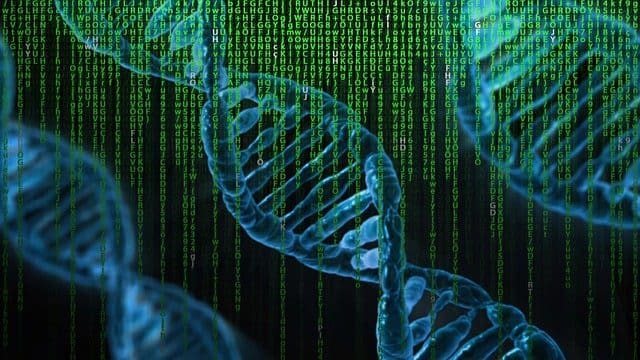Paternity issues can arise in family law disputes, often in relation to child support matters as generally a person who is not a biological parent of a child does not have to pay child support. In such cases, DNA testing in family law becomes crucial to establish or refute parentage and determine child support obligations.
Past cases have indicated that fathers have had parentage concerns for a number of reasons, such as where the relationship with the mother was of a casual nature and where the child does not possess any physical features of the father.
On the other hand, mothers have sought DNA testing where a man has failed or refused to pay child support on the basis he refutes the claim that he is the father of the child.
There are instances where someone is presumed to be the father and will automatically be liable to pay child support unless this presumption is rebutted with DNA testing indicating otherwise.
When you are Presumed to be the Father of a Child
According to the Family Law Act 1975, a man is presumed to be the father of a child and therefore liable to pay child support where:
- Section 69P: they were married to the mother of child at the time the child was born or the child is born within 44 weeks of the end of cohabitation if the marriage ended;
- Section 69Q: they lived with the mother of the child at any time between 44 and 20 weeks before the birth of the child;
- Section 69R: they are named on the birth certificate as the father;
- Section 69S: a court has made a finding that they are the father; or
- Section 69T: they have executed a document, such as a statutory declaration, acknowledging that they are the father.
Where these presumptions exist, a mother does not need a DNA test to prove that a man is the father of the child and has the right to request child support, the man would have to rebut the presumption, usually with DNA to prove he is not the father.
Obtaining a Court Ordered DNA Test
In Australia, to obtain a court ordered paternity test, you can apply to the Family Court to get a court ordered DNA test.
Before the Court will order a paternity test, they need to be satisfied that there is genuine doubt regarding the parentage of the child. Evidence to support this claim may include evidence of timing of conception or evidence in relation to characteristics of the child which are consistent or inconsistent with the person suspected of being the father.
Implications for Child Support
Where the Court finds the man is the father of the child, likely through DNA testing, he will be liable to pay child support.
If a man is found to NOT to be the biological father of a child, he will not be liable to pay child support in most cases, although there are exceptions to this.
If any child support has already been paid and the man is found to not be the father of the child, the mother may have to reimburse the child support paid.
Need Guidance on Family Law Matters?
Navigating family law can be complex and emotionally challenging. Whether you’re dealing with custody issues, divorce proceedings, or any other family law matters, you don’t have to face it alone. Contact Matthies Lawyers today for expert legal advice and compassionate support. Let us help you find the best path forward.
What the Case Law Says
In the case of Forsythe v Latimer [2010] FMCAfam 478, the Applicant and the Respondent had a relationship for around 6 months however during that time the Respondent spent the night with a man she had met at the pub.
She did not have any further contact with the man.
The Applicant’s name was recorded on the child’s birth certificate around two years after he was born, and the Applicant began making child support payments around this time.
9 years later, a DNA test was undertaken, and the results indicate the Applicant was not the child’s father. The Court made orders for the Respondent to pay the sum of $9,743.30 to the Applicant in recovery of child support paid.
—
In Reagle v Alto [2020] FCCA 936, the parties had been involved in obtaining Parenting Orders from the Court.
The Applicant sought orders for equal shared parental responsibility and for the child to spend alternate weekends with him.
Four months after the Applicant had filed the Initiating Application, the Respondent mother sought an order for parentage testing to be carried out. It was then determined by DNA testing that the Applicant was not the father of the child.
The parties agreed that the child support paid by the Applicant would be repaid by the Respondent, however in addition, the Respondent was ordered to pay the
Applicant’s costs of the proceedings, a sum of $15,000.
Where to Go from Here
In some cases it may be necessary for a court to order paternity testing where parentage is under question. If you have concerns relating to the parentage of your child, seeking legal advice is imperative.
—
Kate Scolyer – Solicitor– Matthies Lawyers
Should you wish to obtain advice regarding your family law matters, please contact Matthies Lawyers for an obligation-free consultation or call +61 3 8692 2517 today.
Disclaimer: This article contains general information only and is not intended to be a substitute for obtaining legal advice

